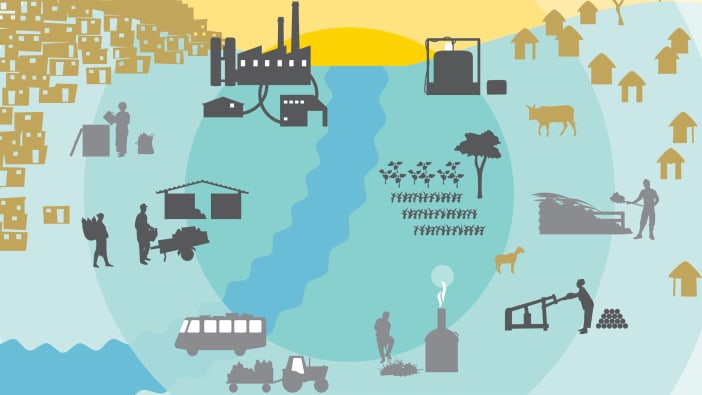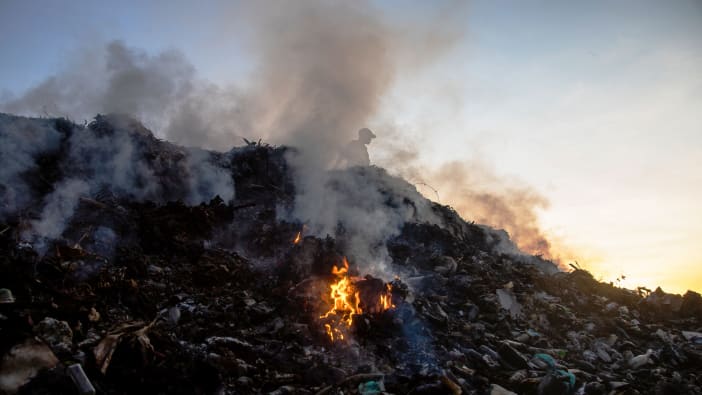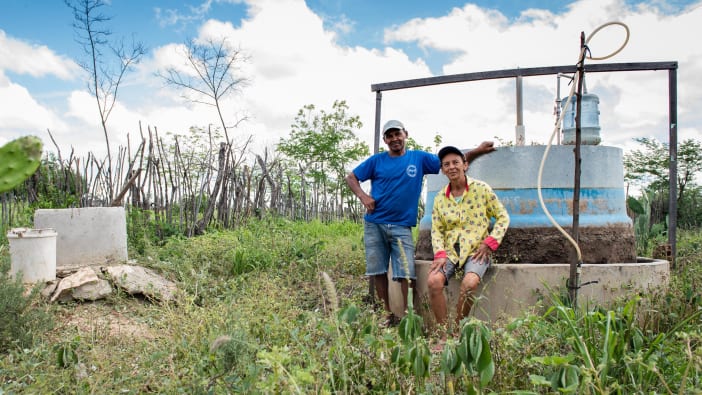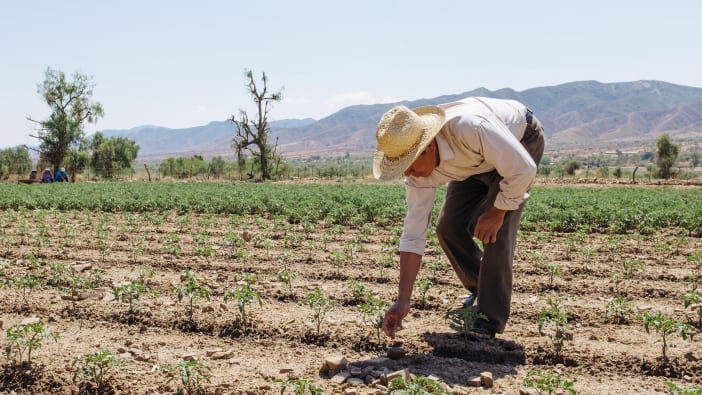Policy positions
The restorative economy
A system that restores balance, sees poverty eliminated and enables everyone to prosper
2015 Available in English, French, Spanish and Portuguese

A business woman sells hot snacks at her market stall in Haiti. Photo: Warren Allott/Tearfund
In 2050, when we – or our children – look back on the kind of world that we have shaped over our lifetime and bequeathed to those who follow us, what will we see?
Millions of families around the world have made a ‘great escape’ from poverty. Life expectancy is increasing, diseases such as malaria and measles are retreating, and more children are in school than ever before. The global population is stabilising, due to progress in areas such as reproductive health services, women’s rights and girls’ education. And the number of children who die each day has halved since 1990: that’s 17,000 more children, every single day, who will now live to realise their potential.
More and more women and men now have the chance to provide for their families, pursue their dreams and experience lives free from poverty. Millions of businesses have started and new jobs have been created, as an ever-increasing number of people have become able to fulfil their creative potential. At Tearfund, we’ve had the privilege of walking with millions of these families, sharing their troubles and celebrating their successes with them.
But this golden age does not yet extend to everyone. A billion people remain trapped at the bottom, predominantly in the world’s war zones and ungoverned spaces, where the ascent out of poverty is harder than ever.
Download resource
Other languages
Similarly Tagged Content
Share this resource
If you found this resource useful, please share it with others so they can benefit too.

Get our email updates
Be the first to hear about our latest learning and resources
Sign up now - Get our email updates





